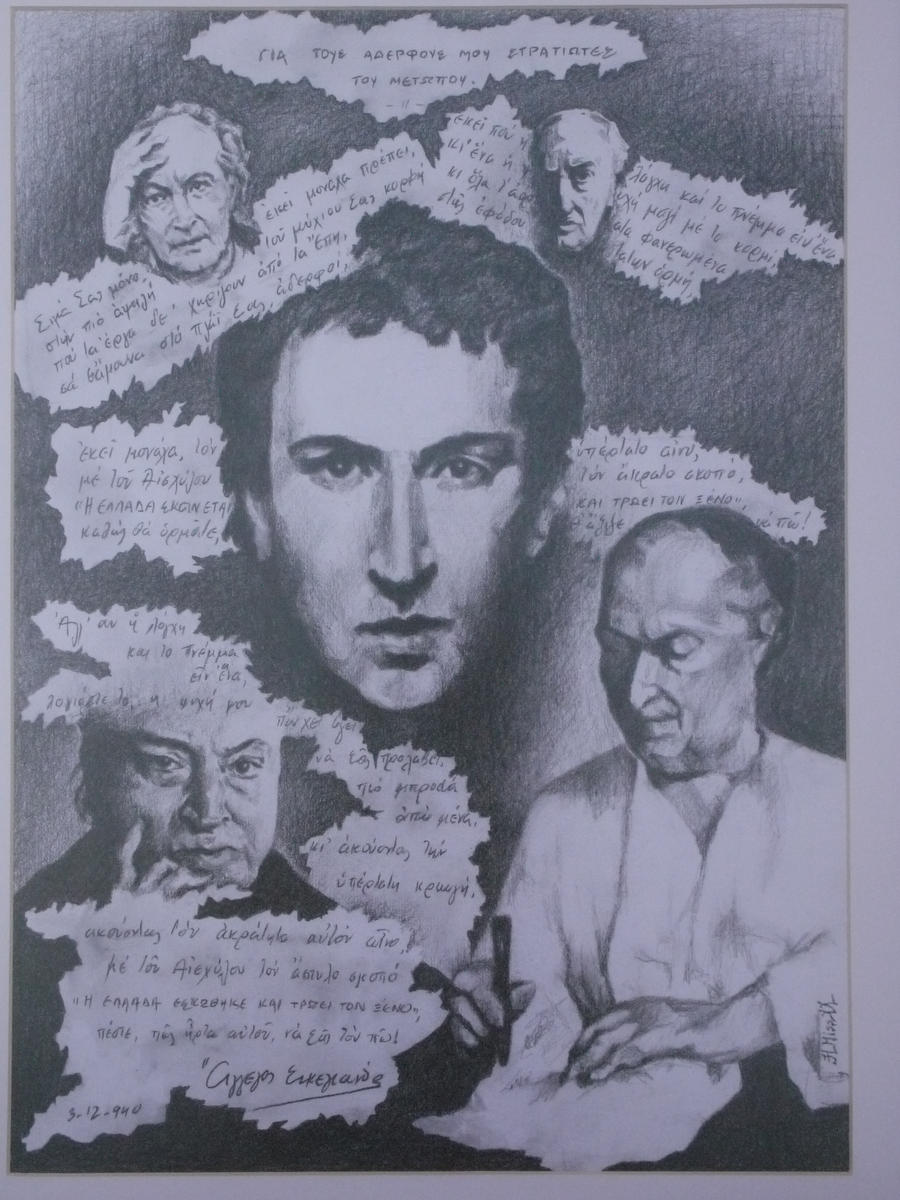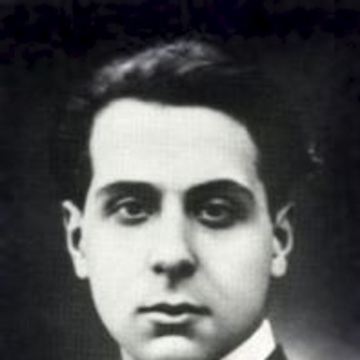
No matter how many times one has read the poems of Constantine Cavafy, to come back to them again, after all those encounters with others books, other poems, is to be taken once again by surprise. "Sadly I see the ladder of poetry/reaches high, so very high" complains the novice poet to a more experienced one in Cavafy's poem
"The First Step". "Unhappily for me, I'll never climb higher/ than this first step where I stand." Of course Cavafy went well past that first step, all the way up the ladder: those who think him the twentieth century's greatest poet are not few in number. But it is worth noting, as an example of Cavafy's practicality and clearsightedness, that even this poem about a poet fretful about his lack of progress beyond one step ends with the older poet's wise counsel: "Even this first step/is a long way from ordinary people./..../You've reached here, no small feat. Just what you have done is a great glory."
This is among the sentiments that emerge most powerfully from Cavafy's poetry: that setting out on one's own requires unusual courage, and even the person who has taken only the first step has done something truly worthy, for he has knowingly made himself an outsider, exposed himself to the gaze of those very same "ordinary people" with whom he has broken (this idea carries a particular charge in Cavafy's poetry because he was homosexual). Here is the thought again in the poem "Growing Strong", taken from
Aliki Barnstone's fine new translations of Cavafy:
Growing Strong
He who wishes to strengthen his spirit,
must abandon reverence and submission.
He will honor some laws,
but mostly he will break both law and custom,
and he will stray from the accepted, inadequate straight path.
He will be taught much by sensual pleasures.
He will not fear the destructive act;
half the house must be torn down.
This way he will grow virtuously towards knowledge.
How easy and economical the poem is: it seems almost to write itself from the first line onward, and it is resolutely unmetaphorical - Cavafy always choses understatement over ornament. The effect of the poem lies almost totally in the varying force and strength of the individual lines, which give us the sense of a voice thinking aloud, its pitch rising and falling (note the work done by the words "will" and "must", and the slightly self-satisfied and therefore self-ironising air - "virtuously" - of the tidy close, the only line of the poem that is also a complete sentence). And observe also that Cavafy is never the advocate of total, all-consuming revolution, whether in personal life or in politics: even here he says, of the person who wishes to grow strong, that "He will honor
some laws" and "
half the house must be torn down".





